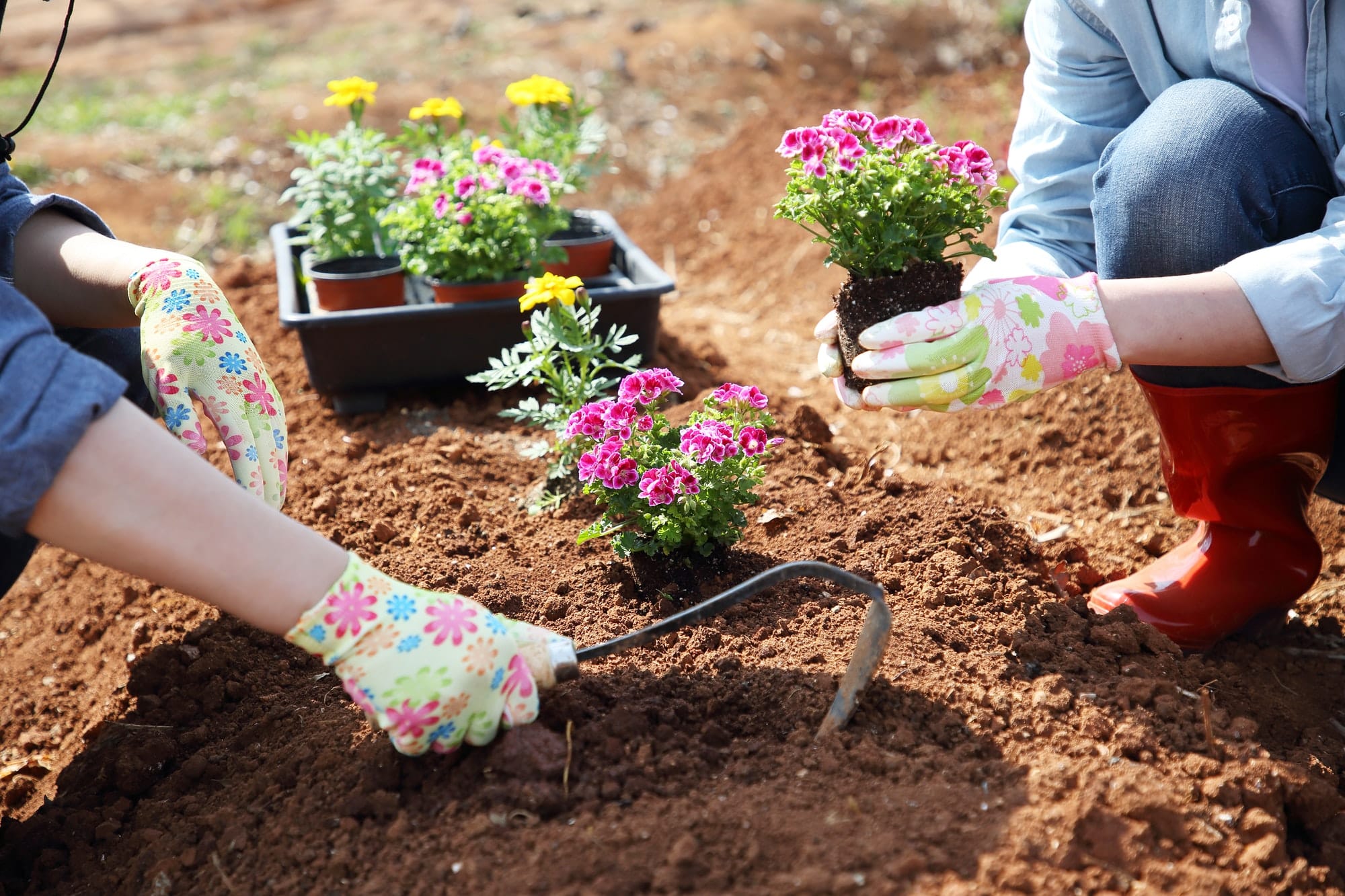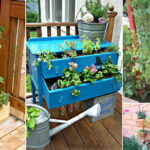Gardening, a pursuit that intertwines human creativity with the beauty of nature, has captivated individuals for centuries. This article endeavors to explore the multifaceted benefits of gardening as a hobby, prompting readers to engage in a playful challenge: to consider how gardening could beautifully enrich their lives. An understanding of its physical, mental, and ecological advantages makes the case for gardening too compelling to overlook.
When was the last time you tended to a plant, watched it grow, and felt the intoxicating serenity that nature provides? As we delve into the myriad dimensions of gardening as a hobby, it becomes crucial to examine why it holds such charm. The practice is not merely about planting seeds and watering them; it embodies an art form, a science, and a profound connection to the environment.
As we embark on this exploration, let’s consider three pivotal dimensions: the therapeutic effects on mental well-being, the enhancement of physical health, and the environmental impact of cultivating gardens. Each aspect showcases the compelling allure of gardening as a hobby and incites the reader to reflect on their relationship with nature.
The Therapeutic Benefits of Tending to Plants
Engaging in gardening can be extraordinarily meditative. The repetitive motions of planting, digging, and watering serve as a form of mindfulness practice, allowing the gardener to immerse themselves in the present moment. Research indicates that interacting with greenery significantly reduces stress levels, promoting relaxation. A study published in the Journal of Health Psychology found that gardening leads to decreased cortisol levels—often referred to as the “stress hormone”—and enhances overall mood (Kaplan & Kaplan, 1989).
Gardening also fosters a sense of accomplishment. As one nurtures their plants, witnessing their growth can evoke feelings of pride and achievement. This connection not only fortifies one’s self-esteem but also creates an outlet for creativity. The artistic aspect of gardening—designing landscape layouts, selecting plant colors, and arranging textures—invites individuals to express themselves uniquely within the natural world.
Emerging evidence suggests that gardening can alleviate symptoms of anxiety and depression. A pilot study conducted by the University of Bristol illustrated that individuals who engaged in gardening reported improved mood and a heightened sense of well-being after their time in the soil (Barton & Pretty, 2010). Take a moment to ponder: How might your life transform if you dedicated a few hours a week to cultivating a garden? Could the simple act of nurturing plants cultivate a profound shift in your emotional landscape?
Enhancing Physical Health Through Gardening
Beyond its psychological advantages, gardening also boasts substantial health benefits that can elevate one’s physical fitness. Believe it or not, gardening often provides a full-body workout. Tasks such as digging, raking, and planting engage various muscle groups while promoting cardiovascular health. In fact, gardening can burn anywhere between 200 to 400 calories per hour, depending on the intensity and type of labor involved (American Heart Association, 2019). This not only helps in maintaining a healthy weight but also contributes to greater physical endurance.
Gardening is also known to bolster one’s immune system. Working with soil exposes a gardener to a variety of microbes, which can strengthen the immune response. A notable study by the University of Colorado demonstrated that individuals who spend time outdoors in gardens exhibit a more robust immune function as opposed to those who remain indoors (Rook, 2013). Ask yourself: What might be the repercussions of neglecting this delightful exposure as you strive for good health?
Moreover, growing your own vegetables and fruits can significantly enhance dietary habits. The abundance of fresh produce available can motivate individuals to adopt healthier eating patterns, thereby reducing the risk of chronic illnesses such as obesity, diabetes, and heart disease. Consider, then, the economic implications: by growing food at home, one not only nourishes their body but can also reduce grocery bills. Wouldn’t the gratification of harvesting your own tomatoes or cucumbers be more rewarding than purchasing them at the supermarket?
The Ecological Importance of Cultivating Green Spaces
In an era marked by environmental distress, gardening emerges as a poignant act of resistance. By cultivating garden spaces, individuals contribute to biodiversity, creating sanctuaries for various species, including pollinators vital to our ecosystems. Pollinators such as bees, butterflies, and hummingbirds face alarming declines globally, and home gardens can become crucial habitats, offering food and nurturing essential life cycles.
Additionally, gardens can play a significant role in sustainable practices. The implementation of organic gardening techniques reduces reliance on synthetic pesticides and fertilizers, promoting ecological health. By embracing methods such as composting, rotational grazing, and mulching, gardeners can contribute to soil conservation and waste reduction. Thus, every time you engage in responsible gardening, you become an integral part of a larger ecological movement. Ponder this: how can your gardening choices echo your commitment to the planet?
The presence of green spaces also positively influences urban ecosystems, reducing the heat island effect and improving air quality. Consequently, these efforts contribute to more livable urban environments and enhance community connections. Transform your balcony, patio, or backyard into a vibrant oasis, and you may inspire neighbors to do the same, creating an interconnected community where doubt is replaced with enthusiasm for sustainability.
With understanding comes power; you, as an aspiring gardener, hold the potential to engage in an empowering journey. So, are you ready to plunge your hands into the rich, loamy soil? Will you let your worry dissipate amid the vibrant blooms and lush greenery? The world of gardening awaits you—not as a mere hobby, but as a pathway to enhance your well-being, invigorate your health, and contribute positively to our environment.
As you reflect on the various dimensions presented, recognize that gardening transcends the simple act of planting seeds. It signifies a profound transformation—one that reconnects us with nature and reminds us of our intrinsic place within the web of life. Embrace the allure of gardening, and allow it to challenge you to cultivate not only plants but also a more harmonious existence.’;









Leave a Comment